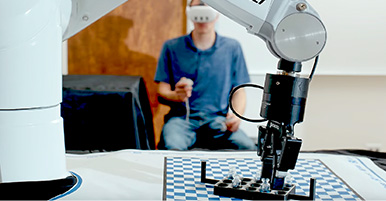Citation
Schiano, D. J.; Bellotti, V. Tokyo to go: using field studies to inform the design of a mobile leisure guide for Japanese youth. In Making work visible: ethnographically grounded case studies of work practice, edited by Margaret H. Szymanski and Jack Whalen. Cambridge, UK: Cambridge University Press; 2011; 87-105.
Abstract
This chapter provides a brief overview of the methods PARC fieldworkers used to inform a large collaborative design project conducted by PARC and DNP (Dai Nippon Printing, a major Japanese company). The project (codenamed Magitti) involved creating an innovative product: A context-aware leisure recommender system for Tokyo youth on the go. We discuss four field studies, focusing primarily on the use of converging methods and some novel techniques for gathering, analyzing and displaying field data. The research reported here provides an illustration of ethnography inspired design fieldwork, which is becoming increasingly common in corporate settings. Our work differs somewhat from that described in other chapters in this volume. We focused on leisure rather than work activities; we also relied more on self-report than observational data. Here, we illustrate how datasets of various kinds, obtained under diverse and less-than-ideal conditions, can when considered together nevertheless yield a rich set of findings to inform the technology design process. In so doing, we make visible the work practices our participants used in planning, coordinating and executing leisure outings– we learned that leisure activities can indeed require substantial work!). We also illustrate the research design and analysis practices we used to maximize what we could learn in the field given project constraints.


